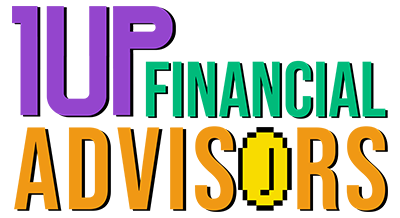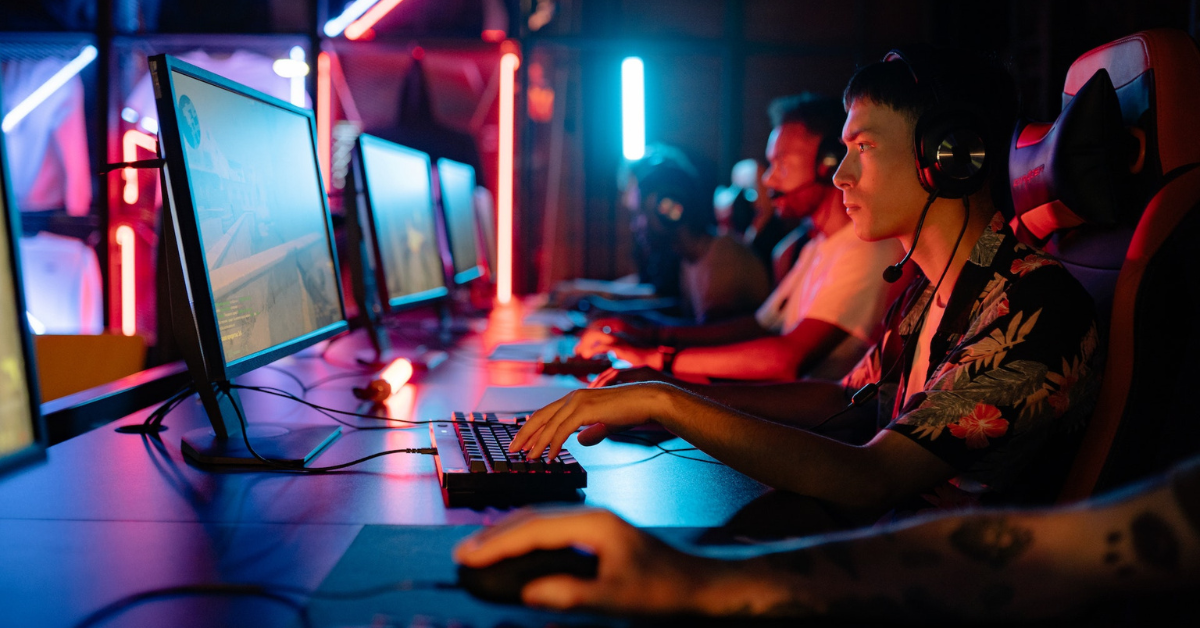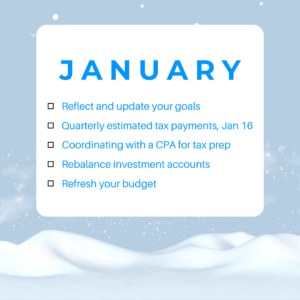This could be the craziest League of Legends offseason we’ve seen.
Roster shuffles and complete team reorganizations for every game could be huge – so where does that leave Players?
If you’re looking at changing teams, you’ve been released or traded, or are just curious what signing with an Esports team looks like – this is what you can expect when it comes to understanding & negotiating your contract.
Player Contracts
As an Esports Player, there are a few important terms to understand regarding your contract. Let’s start with the basics –
An Esports team will pay you to compete, create & participate in content, and sell merch.
The team makes money through you indirectly by bringing in fans and being competitive.
This puts you in a position to negotiate and leverage your experience, past wins, and any content channels you might already have – which all feed into your basic contract terms like:
- Base salary – how much & when you’re getting paid
- Term length – how long contract lasts (Ex: League of Legends is 3-4 years limit)
- Salary reduction – one-time or permanent penalty conditions
- Trade / termination rights – if / when teams can trade you, and when your contract can be broken
- Sponsors, streaming & content – your responsibilities to the team within these areas
- Food / travel stipends & terms – how & to what extent teams grant these
- Bonuses & prize money – conditions for extras beyond your base salary (bonuses, how tourneys send prize money / how that’s distributed, when you’ll get your share)
- IP rights – what teams can do with your brand
There are more terms that go into your contract, but these are the basics you should understand.
Industry Standards
Knowing your contract terms is only half the picture. Once you understand those, to really get clarity you’ll want to compare one team’s terms to others in the industry.
For example, a team might tell you “This is the standard winnings share percentage for our team,” but this leaves you with no idea how it stacks up outside of that team.
A number might look good when it’s in front of you, but without comparing it to outside standards you’re only getting half the picture.
Negotiation
Just like with a regular employer, teams want to pay players the least amount possible for the longest term they can, while being able to control their trade or termination at any time.
And vice-versa, a Player’s best case scenario would be the highest salary possible for their preferred term length, consent rights over trades, and no terminations without cause.
The lesson here is trade-offs.
Esports Players need to figure out what’s important to them and go for it as much as they can with a reasonable attitude.
For example, do you want a flexible term with a lower salary, or are you solely dedicated to winning and just want to get on the most competitive team? Do you value compensation and brand power?
Maybe you’re a newer player and want to develop on the team for a bit, then be flexible to leave or renegotiate.
The scenarios are endless because it’s a Player’s individual decision.
Build Your Team
In the end, as a Player it’s your career – you have to decide what’s best for you then assemble a team of professionals to help you get what you want. These are a few industry folks you’ll want to consult:
Agents
Agents will be a huge part of your support team. They focus on getting you great contracts, sponsors, and many other opportunities.
Agents also know GMs, work with other players, and talk to press & publishers. For example, they can be great resources for gaining insight into industry standards because they have clients across multiple teams.
To find an agent who can best represent you, you’ll want to ask yourself questions like:
- How much do they know about the team I want to join and the players that are competing for this spot?
- How important would I be to them? Do they have more valuable clients to prioritize?
- What specific services do they provide, and do they specialize in something I want?
Attorneys
Consulting an attorney before signing a contract is absolutely critical. Attorneys can review the contract and interpret the legal lingo to be sure a team hasn’t thrown in additional terms that might not be in your best interest.
Lawyers ensure that you’re actually getting what you and your agent negotiate with a team.
Never sign a contract without a lawyer looking over it! Feel free to reach out to me if you need any recommendations.
Fee-Only Financial Planners
Financial planners are great resources to help you track and manage your income, bonuses & tourney winnings, and all the financial implications that come from you signing with a team.
How does 1Up Financial Advisors help our Esports & Content Creator clients?
- Track income, budget & cash flow
- Business planning
- Tax strategy
- Investment management
- Debt payment plan
- Health & Insurance
- Retirement planning
Read this quick summary of our financial planning process and how we help clients!
At 1Up Financial Advisors, we are fee-only financial planners – meaning we don’t make a commission from any products or services we use or make backdoor deals with vendors.
We have a fiduciary duty to clients – which is a legal obligation to put your best interest first.
In working together, our end goal is always to help you build & live the life you want. We start with figuring out what your goals are for life, family, and business, then creating a plan to help you achieve them.
If you’re interested in getting started and hearing how we can help you, grab a time for your initial consultation here.







